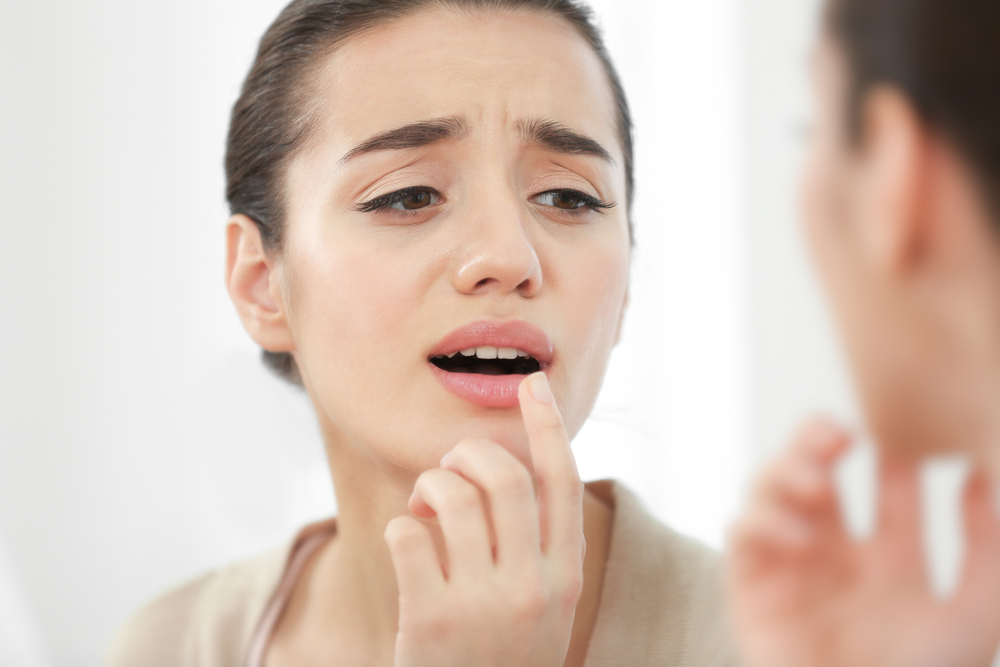What’s The Best Way to Floss
We all know we should floss, but it can be tough. Part of this is because flossing can feel like an extra task in an already busy day, but it...

Novocaine numbness can make anyone dread having dental treatments done, and it may even lead to putting off necessary treatments to repair the damage. Novocaine is a local anesthetic drug that many dentists use for minor procedures, and it works by blocking the nerves in your body from sending pain signals to your brain.
Learn how long you can expect to be feeling the effects of novocaine and what you can do to help the numbness wear off faster after treatment.
Novocaine is a specific brand of a local anesthetic drug that dentists typically use to numb a specific part of the body for minor procedures. Unlike general anesthesia, local anesthetics don’t make you lose consciousness, so you will be awake and aware of what is happening around you while having a procedure performed.
Typically novocaine is used for minor procedures, including:
Patients who have been administered novocaine typically begin to feel the effects of their mouth being numb 5 to 10 minutes after being injected. The numbing sensation typically lasts for 30 to 60 minutes, making novocaine the shortest-acting injectable anesthetic, which is why it’s so commonly used.
Since novocaine by itself has a brief numbing duration, it’s often combined with epinephrine, which is a type of adrenaline, to make the numbing effects last longer. Administered with epinephrine, Novocaine will have numbing effects that last roughly 90 minutes and vary slightly from patient to patient.
After you have had novocaine, your mouth will typically feel numb for 1-3 hours, and there are a few rules that are important to follow until the anesthetic wears off.
Even though novocaine is great during dental procedures because it allows patients to have procedures done without experiencing any pain, having half of your mouth numb for hours after a procedure is something everyone dreads. Here are our top tricks to make help make Novocaine wear off faster:
The best, most effective way to decrease dental anxiety over the fear of being numb is to communicate with your dentist before administering any anesthetic. If you have an event that evening or something else going on that will be seriously impacted by numbness, let your dentist know. They can always give you more novocaine but can’t take back shots that have already been administered. Tell your provider that you’d like to start with mild numbing and will let them know if you’re experiencing discomfort during the filling so that they can provide another dose if needed.
If you’re feeling anxious over an upcoming dental procedure because of novocaine, let our team at Hoffman Dental Care know when you come in for your treatment. We will do everything possible to have you leave with the least amount of numbness possible while also having a pain-free experience.